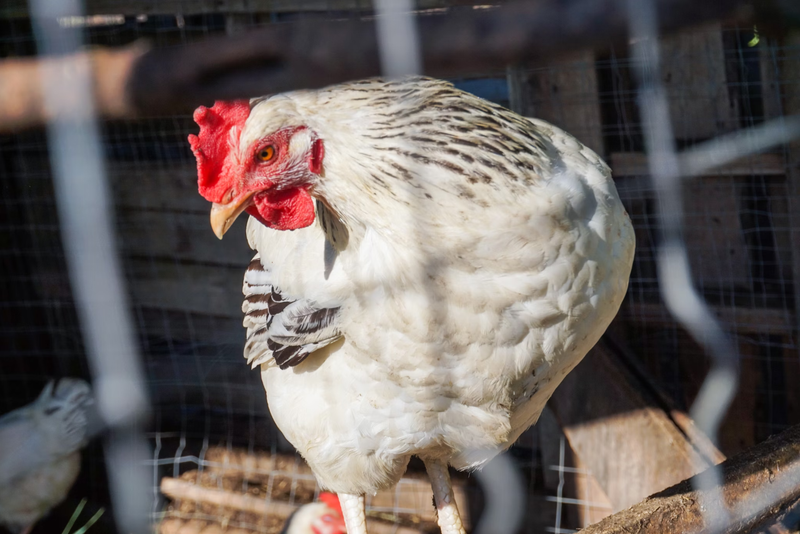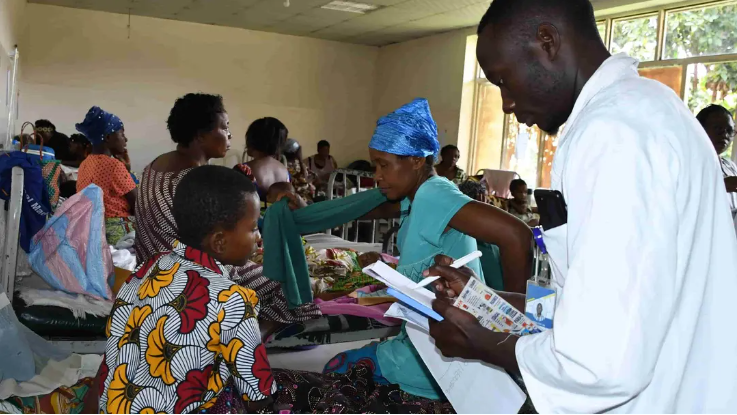Leading Cancer Institute Retracts, Corrects Dozens of Studies
The Dana Farber Cancer Institute in Boston has moved to retract or correct 58 published studies that were found to contain manipulated data. Newcastle University molecular biologist Sholto David, who spends his free time analyzing scientific papers, discovered the fraudulent stories....
0:00
/1861
Facts
- The Dana Farber Cancer Institute in Boston has moved to retract or correct 58 published studies that were found to contain manipulated data. Newcastle University molecular biologist Sholto David, who spends his free time analyzing scientific papers, discovered the fraudulent stories.1
- Over 50 papers are being reviewed, including four co-authored by the Institute's Chief Executive and President Dr. Laurie Glimcher. So far, 31 are being corrected and six are retracted.2
- A blog published by David earlier this month, titled 'Dana-Farberications at Harvard University' — referring to the Institute's affiliation with Harvard — showed images that suggested the researchers manipulated images — including using Adobe Photoshop to make duplicates — and had 'potential data errors.'3
- The papers in question covered experiments on immune cells and blood cancer multiple myeloma, among other topics. David found copied and pasted images of western blots — a method used to identify proteins — as well as a duplicated image of mice from the first day of an experiment pasted onto the results of Day 16. Others seemed to show images stretched and rotated, which suggested deliberate manipulation.1
- Regarding the rest of the papers flagged by David in his Jan. 2 blog post, DFCI said three 'required no further action,' arguing that the allegations against those 'were not supported by our analysis.' The other 16 are still under review, as the alleged manipulated data in them were collected in labs not belonging to the four Institute researchers.4
- The Institute's research integrity officer Dr. Barrett Rollins said the 'discrepancies' found don't 'necessarily provide evidence of an author’s intent to deceive,' adding that there must be a 'careful, fact-based examination.'5
Sources: 1New York Times, 2wsj.com, 3CNN, 4The Harvard Crimson and 5New York Post.
Narratives
- Narrative A, as provided by Nature. From cancer to COVID and across the medical community, fraud in critical trial data is running rampant. This often happens due to the 'paper mill' problem, where third-party firms churn out countless fake studies. More must be done to determine the trustworthiness of studies before they're utilized in determining the treatment of patients.
- Narrative B, as provided by Fair Observer. Fraud in a few clinical trials doesn't discount the US' position as the global leader in healthcare and research. Health centers at schools like Harvard, Johns Hopkins, and Cornell still produce the finest research and apply the greatest medicine. They're life-saving institutions, which is why countless patients from around the world visit the US every year.







